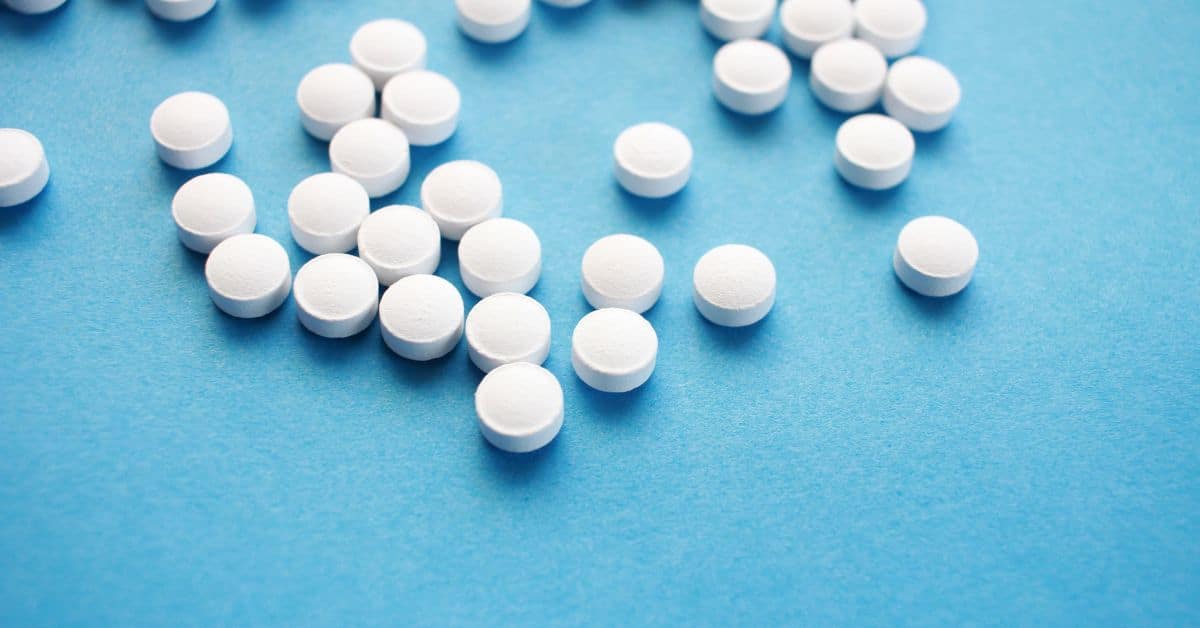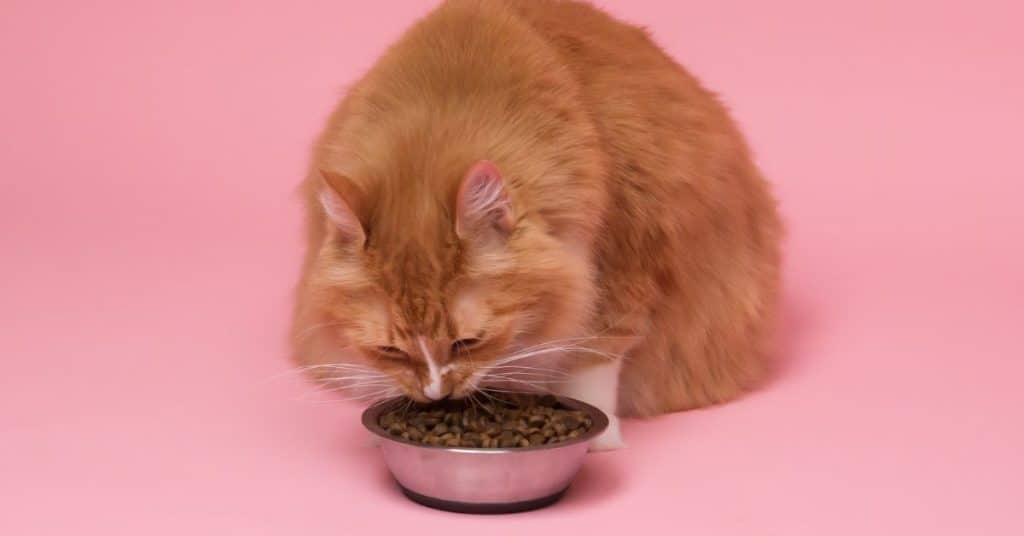Many foods contain very small amounts of vitamins, which is why vitamin supplements are manufactured for pets and humans. Vitamins naturally occur in small quantities, but they are vital for life. You must know what can a cat have that has vitamin k.
Vitamin A, D, E, K, C, and B complex are considered primary vitamins. As for fat-soluble vitamins, A, D, E, and K are the most significant. Water-soluble vitamins are not stored in the body unless they are in small quantities, while fat-soluble vitamins are stored in special fat storage cells called lipocytes. Over supplementation of fat-soluble vitamins poses the most significant threat for this reason. Those vitamins are stored and accumulate within the body.
What is Vitamin K?
Vitamin K is essential from a nutritional standpoint. Still, understanding its role is of great importance in treating rat poisoning, one of the most common toxicities experienced in animals, especially cats. The function of Vitamin K is primarily in creating proteins that help in the blood clotting process.
Vitamin K is essential for normal blood functions. Without Vitamin K, blood cannot clot. Most rat and mouse poisons (e.g., Warfarin, D-Con) kill rats and mice by eliminating their ability to clot blood; hence, the rodents internally bleed to death. Contained within the poison is the active ingredient coumarin or a derivative. The coumarin binds to and depletes the body of active vitamin K. Vitamin K is necessary for normal blood function. Blood cannot clot without Vitamin K. Rat poisons and mice poisons kill by preventing blood clotting, so the mice and rats internalize blood and die. Coumarin, or a derivative of it, is the active ingredient in poison. Coumarin binds to and destroys active vitamin K in the body. The Lack of Vitamin K prevents blood clotting, resulting in rodents’ death. Unfortunately, cats sometimes ingest poisoned rodents or the poison itself. They suffer the same consequences. The cat will experience internal hemorrhage as well, usually starting in the intestinal tract.
Vitamin K is a fat-soluble vitamin that is found in dark green leafy vegetables, such as kale and spinach. Vitamin K is also present in alfalfa and egg yolks.
Signs of Vitamin K deficiency
- Prolonged bleeding on wounds
- Intracavitary hemorrhage
- Spontaneous hematoma function
- Anticoagulant rodenticide poisoning
- Death due to blood loss
- Death due to Acute hemorrhagic shock
Vitamin K sources

You may give your cat Vitamin K supplements, but you may also opt to include it in their diet. Here are some Vitamin K-rich foods you can give your cat:
- Spinach
- Lettuce
- Cabbage
- Broccoli
- Green peas
- Brussel sprouts
- Green beans
- Soybeans
- Watercress
- Asparagus
- Egg yolks
- Liver
- Safflower oil
Side effects of Vitamin K
If your pet needs an extra dosage of Vitamin K, your veterinarian can prescribe Vitamin K supplements, but it can cause side effects in some pets. Be sure to consult your veterinarian first to see if your cat should receive Vitamin K or not. Here are some precautions to look out for:
- If the animal has a history of hypersensitivity or allergy to vitamin K, vitamin K should not be given.
- There have been severe allergic reactions associated with intravenous injections of vitamin K. Subcutaneous, or intramuscular injections should be performed with a small gauge needle to prevent bleeding from the injection site.
- A significant amount of vitamin K can have a detrimental effect on red blood cells if taken for an extended period of time.
- It is possible for vitamin K to interact with certain medications. You should consult your veterinarian to ensure vitamin K does not interact with any other medications your pet is receiving. Among these medications are aspirin, cimetidine, thyroid drugs, and some antibiotics.
Conclusion
Vitamin K is necessary for a cat’s healthy development and survival. In fact, it is necessary for the health of all animals. Vitamin K deficiency can cause bleeding, heart problems, and even death. Deficiency in vitamin K can be caused by genetic or hereditary factors and endocrine disorders such as diabetes or hyperthyroidism that affect the body’s ability to use vitamin K.
For a cat that weighs about 9 pounds and requires 250 calories of food daily, the recommended amount of vitamin K is 82 µg.
FAQs
How do animals get vitamin K?
Vitamin K is a vital nutrient found in many foods and is associated with a longer lifespan. Green leafy vegetables are a good source of this vitamin, which can also be found in liver, meat, milk, and egg yolk. With a veterinarian’s advice, you may also give your pet vitamin K supplements.

